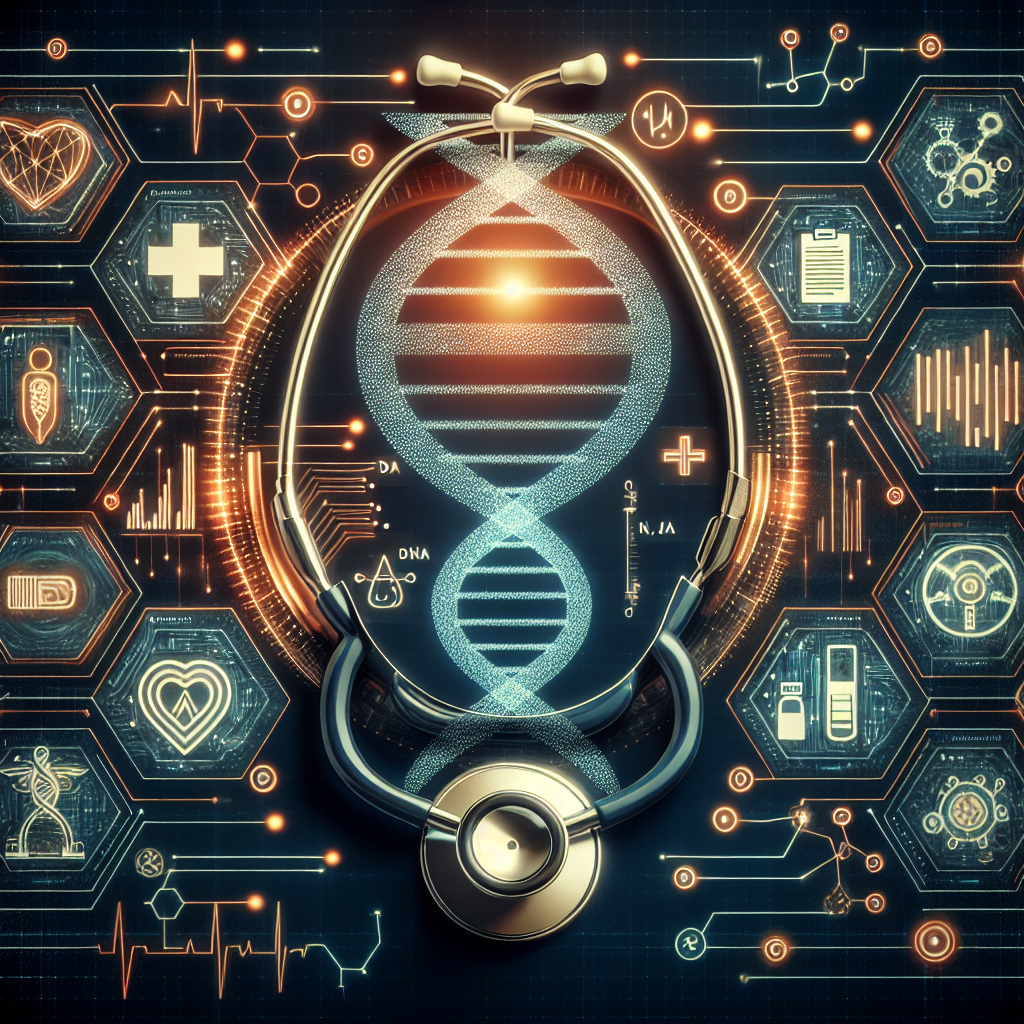Artificial Intelligence (AI) has revolutionized many industries, including healthcare. One of the key ways AI is improving healthcare is by helping to improve health literacy. Health literacy is the degree to which individuals have the capacity to obtain, process, and understand basic health information and services needed to make appropriate health decisions. With the help of AI, healthcare providers can better educate patients, improve communication, and ultimately enhance health outcomes.
AI can improve health literacy in several ways. One of the most important ways is through personalized education. AI can analyze a patient’s health data, including medical history, current conditions, and lifestyle factors, and provide personalized recommendations and educational materials. For example, a patient with diabetes may receive tailored information on diet, exercise, and medication management based on their specific needs and preferences.
AI can also help healthcare providers communicate more effectively with patients. Language barriers, low health literacy, and cultural differences can all contribute to communication challenges in healthcare settings. AI tools such as language translation software, chatbots, and virtual assistants can help bridge these gaps and ensure that patients receive clear, understandable information about their health and treatment options.
In addition, AI can improve access to health information by providing real-time, up-to-date information on a wide range of health topics. Patients can use AI-powered chatbots or apps to ask questions, get advice, and access resources on everything from symptoms and treatments to healthy living tips and preventive care. This can empower patients to take a more active role in managing their health and make informed decisions about their care.
AI can also help healthcare providers identify patients who may be at risk of low health literacy and provide targeted interventions to improve their understanding of their health. For example, AI algorithms can analyze patient data to identify patterns of behavior or language that may indicate low health literacy, and then recommend appropriate educational resources or communication strategies to address these issues.
Overall, AI has the potential to greatly improve health literacy and empower patients to take control of their health. By providing personalized education, improving communication, and increasing access to health information, AI can help individuals make more informed decisions about their health and well-being.
FAQs:
Q: How does AI improve health literacy in healthcare?
A: AI can improve health literacy in healthcare by providing personalized education, improving communication between healthcare providers and patients, increasing access to health information, and identifying patients at risk of low health literacy.
Q: What are some examples of AI tools that can help improve health literacy?
A: Examples of AI tools that can help improve health literacy include language translation software, chatbots, virtual assistants, and apps that provide real-time health information and resources.
Q: How can AI help healthcare providers communicate more effectively with patients?
A: AI can help healthcare providers communicate more effectively with patients by providing language translation services, personalized recommendations, and real-time information on a wide range of health topics.
Q: How can AI identify patients at risk of low health literacy?
A: AI algorithms can analyze patient data to identify patterns of behavior or language that may indicate low health literacy, and then recommend appropriate educational resources or communication strategies to address these issues.

